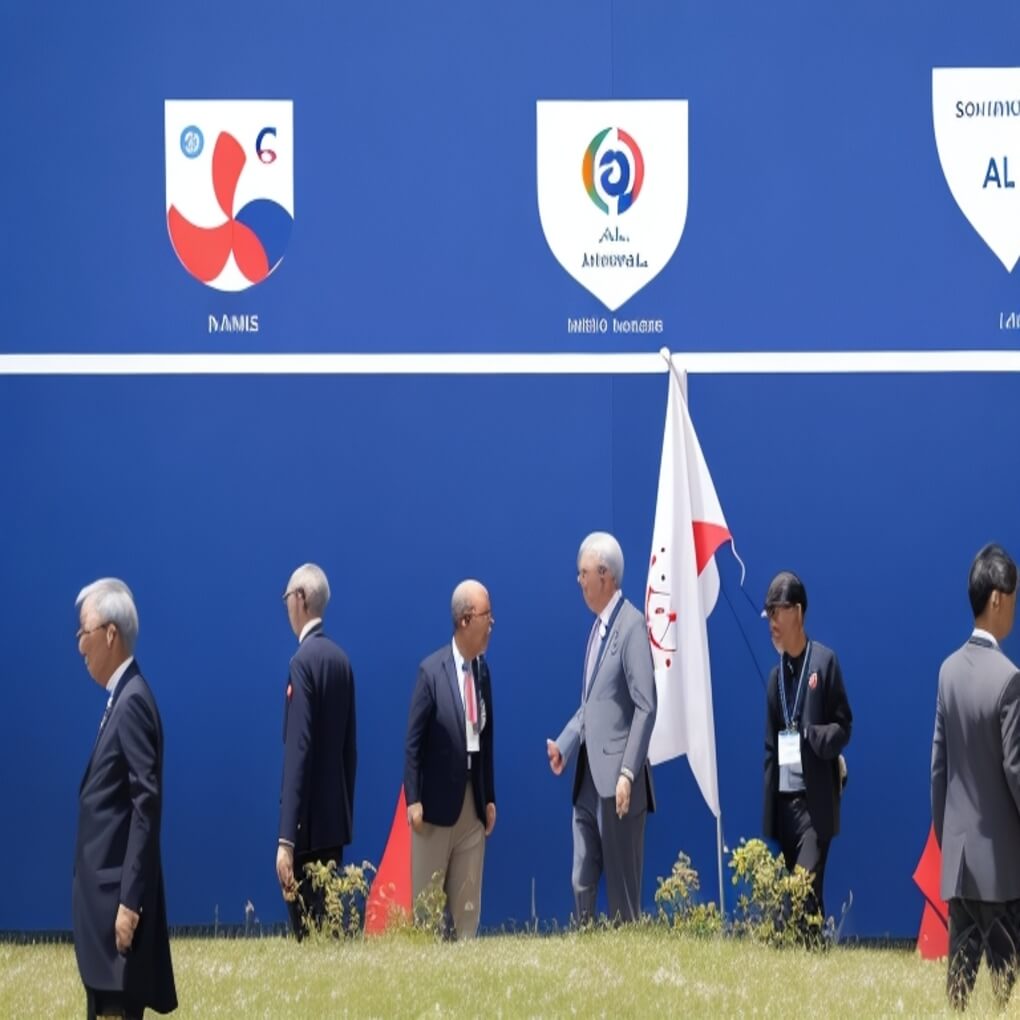The Group of Seven (G7) industrialized nations, which includes Japan, the United States, and the European Union, have taken a significant step toward addressing the growing concerns surrounding advanced artificial intelligence (AI) systems. On Monday, the G7 announced international guiding principles and a code of conduct aimed at guiding companies in the development of AI technologies. This move comes in response to increasing worries about privacy, the potential for misuse, and the need for global standards in the age of rapidly advancing AI, including systems like ChatGPT.
Promoting safe, secure, and trustworthy AI worldwide
The G7’s guiding principles have a clear mission: to promote the safe, secure, and trustworthy development of AI on a global scale. While recognizing the tremendous potential for innovation that AI offers, the G7 emphasizes the importance of ensuring that these technologies do not undermine democratic values, facilitate terrorism, or pose substantial risks to human rights.
One of the key directives within these principles is the call for AI developers to take “appropriate measures” to identify and mitigate risks. This includes independent external testing, ensuring that AI systems are thoroughly evaluated for safety and ethical considerations.
Addressing a Multitude of risks
The G7 acknowledges a range of risks associated with advanced AI systems. These risks extend beyond privacy concerns and encompass potential threats to global security. Notably, the G7 highlights the risks related to chemical, biological, and nuclear security. Advanced AI systems have the potential to lower barriers to entry for various actors, including non-state entities, in areas such as weapons development, design, acquisition, and use.
Additionally, the G7 recognizes the role of AI in facilitating disinformation campaigns and the erosion of privacy. These concerns reflect the need for comprehensive guidelines to navigate the complexities of AI development responsibly.
A pledge to establish rules at the G7 summit
The G7 member nations have made a firm commitment to address these concerns head-on. At their upcoming summit scheduled for May in Japan’s western city of Hiroshima, they will focus on establishing rules and standards related to AI. Japan, holding the G7 presidency this year, takes a leading role in driving these initiatives forward.
In a leaders’ statement released alongside the guiding principles and code of conduct documents, the G7 expressed their dedication to accelerating the development of a comprehensive policy framework by the end of the year. This initiative, known as the Hiroshima AI Process, reflects the G7’s commitment to tackling the challenges posed by AI technology.
The rapid evolution of AI technology
As AI technologies like ChatGPT continue to evolve, it becomes increasingly crucial for nations and organizations to respond with appropriate measures. ChatGPT, developed by the U.S. tech firm OpenAI, is just one example of generative AI programs that leverage vast amounts of internet data to simulate human-like conversations and create images based on user instructions.
The G7’s move to establish guiding principles and a code of conduct for AI development signifies a global recognition of the need to balance innovation and safety in this rapidly evolving field.
The G7’s announcement of international guiding principles and a code of conduct for AI developers is a significant step toward addressing the complex challenges posed by advanced AI systems. As technology continues to advance at an unprecedented pace, ensuring the responsible development and deployment of AI technologies becomes paramount.
By emphasizing the importance of safety, security, and ethical considerations, the G7 aims to pave the way for a global AI ecosystem that upholds democratic values, protects against misuse, and safeguards human rights. The commitment to establishing rules and standards at the upcoming G7 summit demonstrates their dedication to making tangible progress in the realm of AI governance.
As nations and organizations grapple with the profound impact of AI on society, these guiding principles provide a framework for navigating the intricate landscape of AI development responsibly and ethically.





